News
The latest aviation news from around the world affecting airlines, airports and the traveling public
Filters
Absolute Fear: Boeing 737 descends 26,000 feet
Passengers on a Japan Airlines flight bound for Tokyo were left fearing for their lives on Monday, June 30, after a mechanical failure caused the aircraft to plummet nearly 26,000 feet,
Jul 2, 2025
Airline Ratings
2 min read


Snack Attack: Catering Van Crashes Into Parked Jet at Logan
A catering minivan operated by Sky Chefs collided with a parked American Eagle Embraer E175LR aircraft at Boston Logan International Airport. The impact left the minivan crushed beneath the aircraft,
Jul 1, 2025
Airline Ratings
2 min read
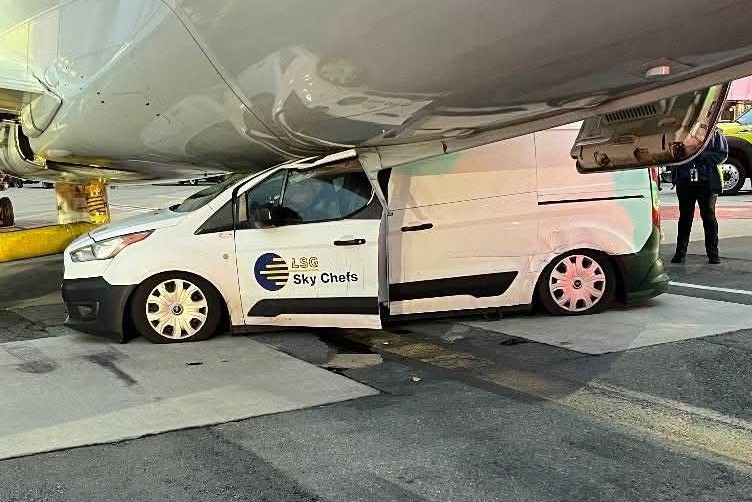

This Airbus Deal Signals Even Stiffer Competition in the Low-Cost Market
With Yet Another Airbus Order Signed, Vietjet Is on a Mission to Make Vietnam the New Aviation Hub — Here’s Why


Qantas takes delivery of A321XLR
Qantas’ first Airbus A321XLR, VH-OGA Great Ocean Road, has departed the Airbus facility in Hamburg, Germany, and is scheduled to arrive in Sydney on the morning of Wednesday, 2 July.
Jun 30, 2025
Airline Ratings
3 min read
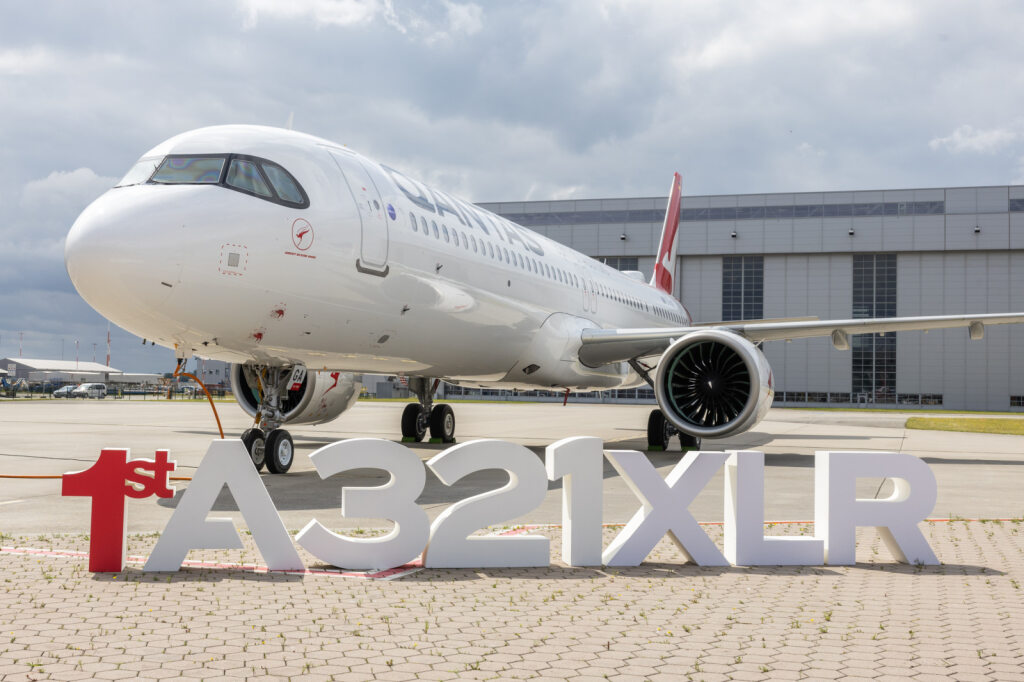

A Timeline of Events: Air India Flight 171
Air India crash: Here is the timeline of events following the crash, based on the best information available to us.
Jun 30, 2025
Airline Ratings
4 min read


Why Qatar Airways Remains One of the World’s Safest and Respected
How an airline responds during an incident is just as important as how they prevent it and for this we salute all the airlines that put safety first last week but especially to Qatar Airways who had a challenge like no other.
Jun 26, 2025
Sharon Petersen
7 min read
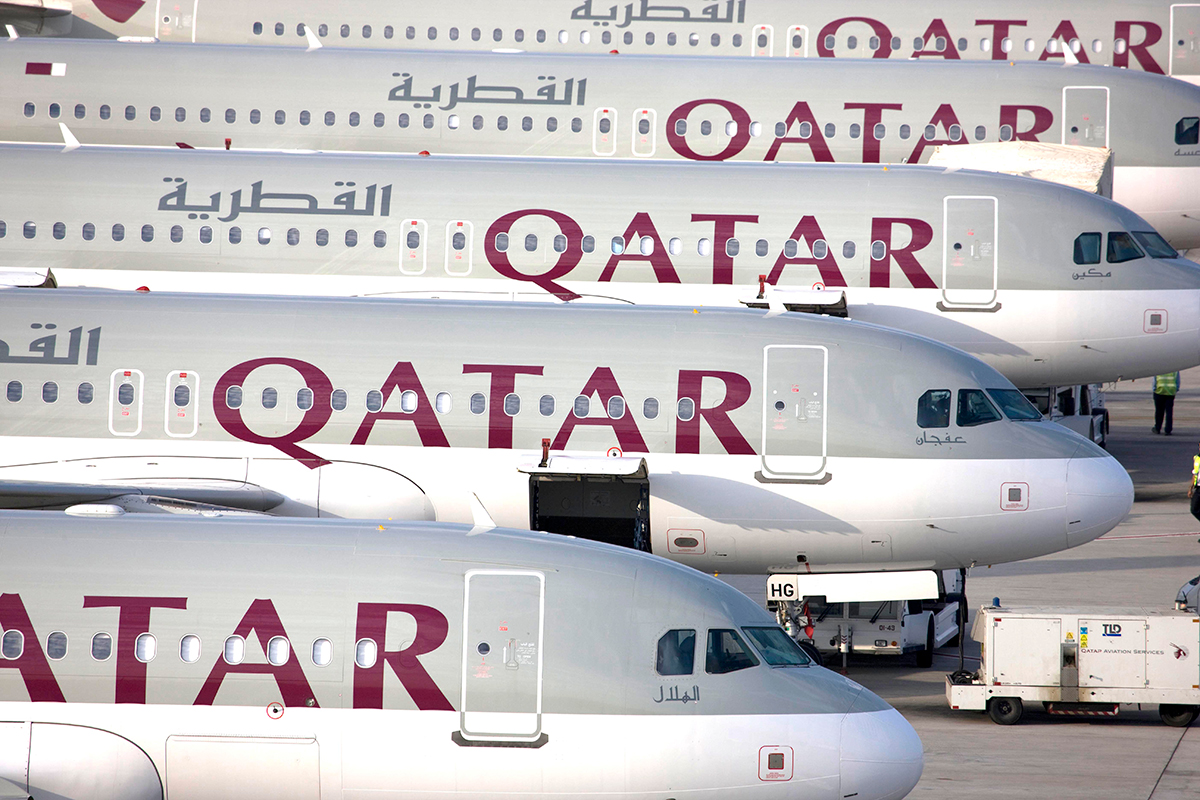

Virgin Australia begins trading on the ASX
Virgin Australia lists on the ASX (VGN) after a successful $685m IPO, marking a new chapter in its growth and ambitions to be Australia’s most loved airline.
Jun 24, 2025
Airline Ratings
2 min read
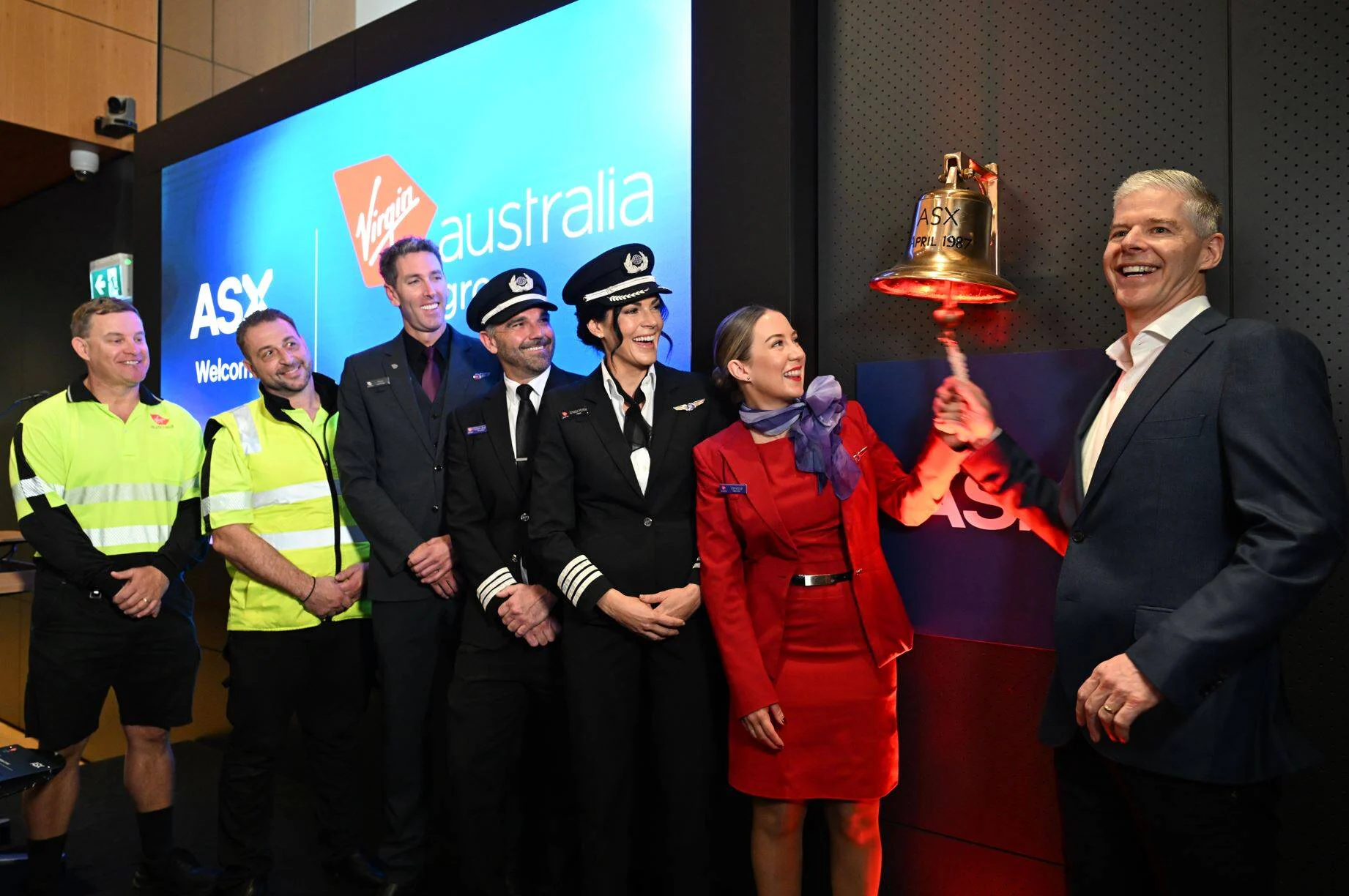

How Safe Are Indian Airlines? Here’s What AirlineRatings.com Says
India's airlines rated for safety: see how IndiGo, SpiceJet, Air India Express & more score in AirlineRatings.com's trusted 7-star safety system and more importantly, why.
Jun 16, 2025
Airline Ratings
5 min read
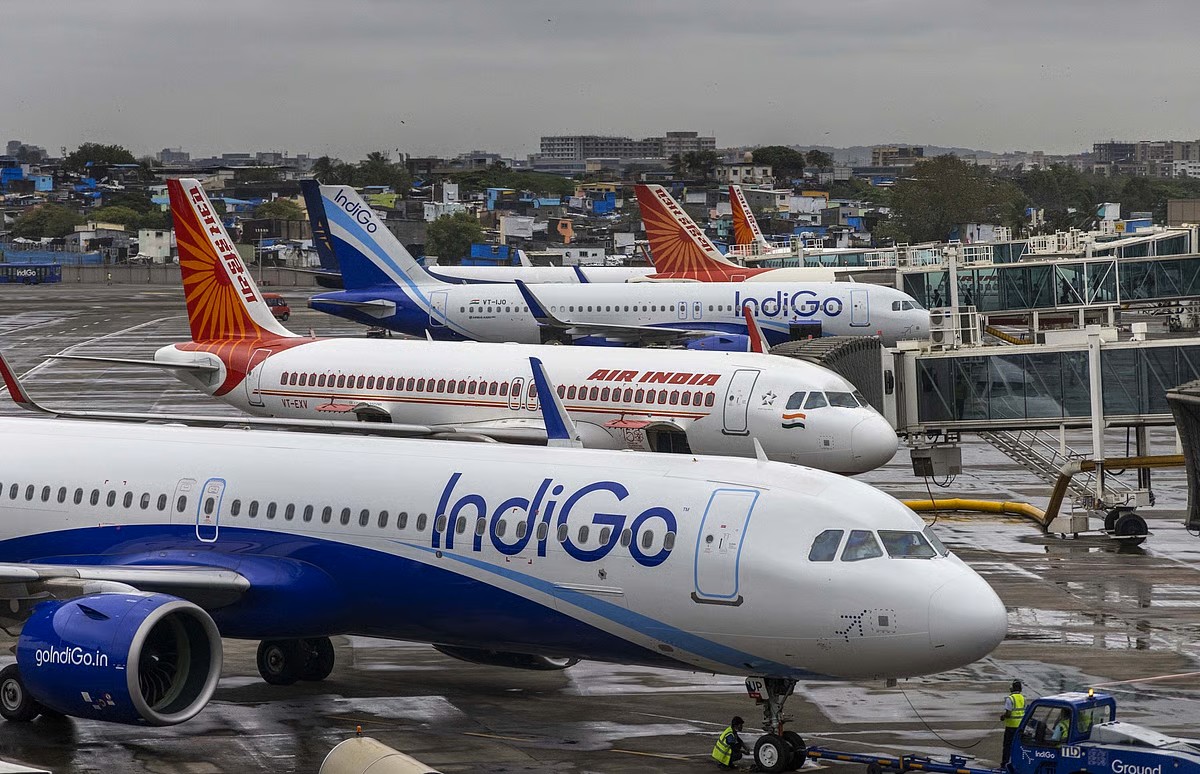

Video shows evidence of dual engine failure on Air India AN171
Enhanced video of the Air India AI171 crash reveals the Ram Air Turbine deployed, suggesting a possible dual engine failure shortly after takeoff from Ahmedabad.
Jun 16, 2025
Airline Ratings
3 min read
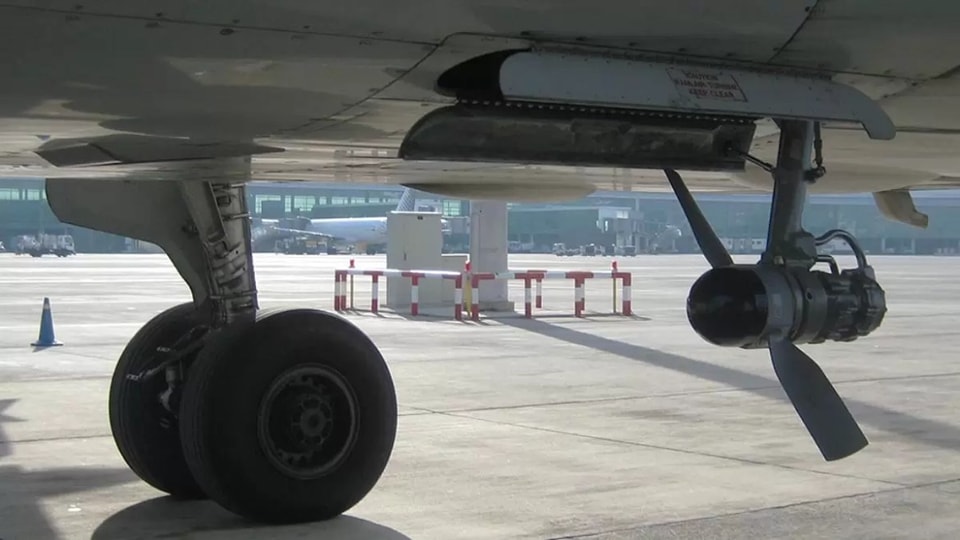

Turkish Airlines: The Airline That Flies to More Countries Than Any Other
Imagine walking down the aisle of a flight and taking off knowing that you could land in almost any place on Earth.
Jun 15, 2025
Airline Ratings
4 min read


India Inspecting Boeing 787s After MAYDAY Call
India orders urgent inspection of all Boeing 787s after Air India crash; probe focuses on engine thrust, flap settings, and possible maintenance lapses.
Jun 15, 2025
Airline Ratings
3 min read
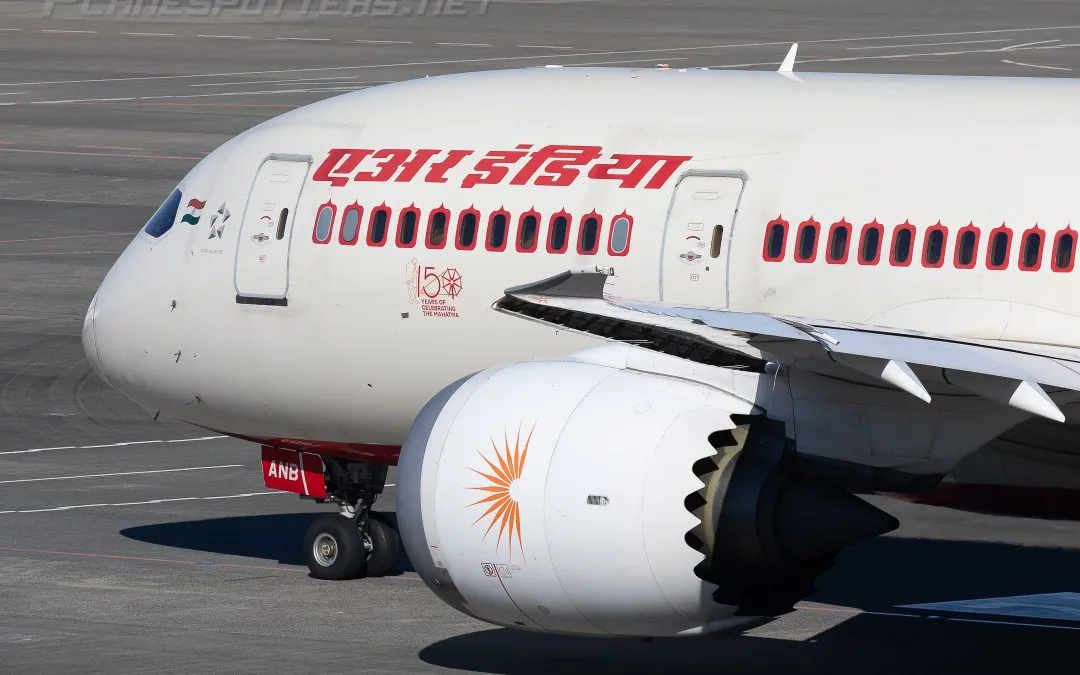

Latest news on the Air India 787 Crash: The facts from today
The latest facts on what we know so far and what happens to the air india safety rating?
Jun 13, 2025
Sharon Petersen
3 min read


Tragedy in the Hills: Kedarnath Helicopter Crash
Just days after the catastrophic crash of Air India flight AI171, which claimed the lives of all onboard shortly after takeoff from Ahmedabad, the nation has been struck by yet another fatal aviation disaster
Jun 13, 2025
Dev Lunawat
3 min read
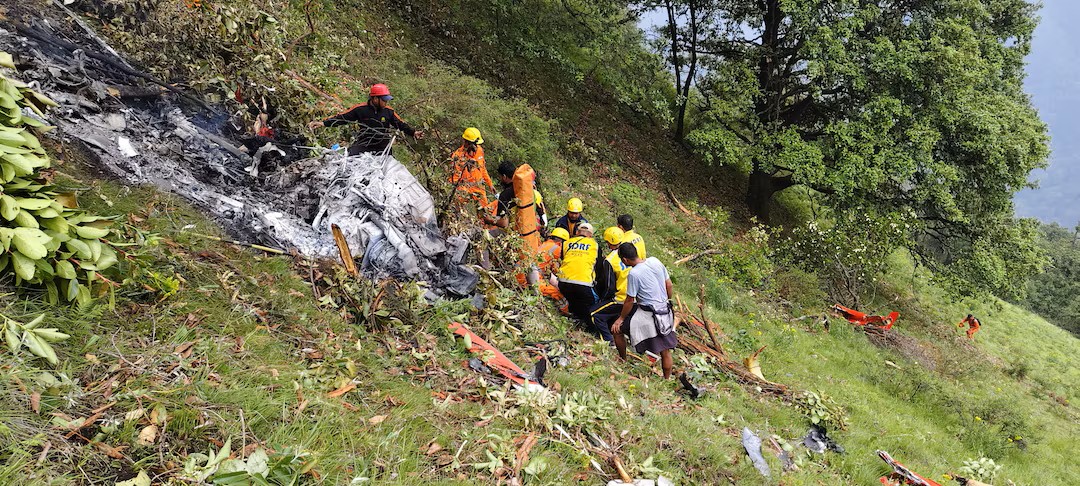

Air India Incident Marks First-Ever Boeing 787 loss: What we know so far
What we think caused the tragic Air India and first Boeing 787 crash
Jun 12, 2025
Josh Wood
3 min read
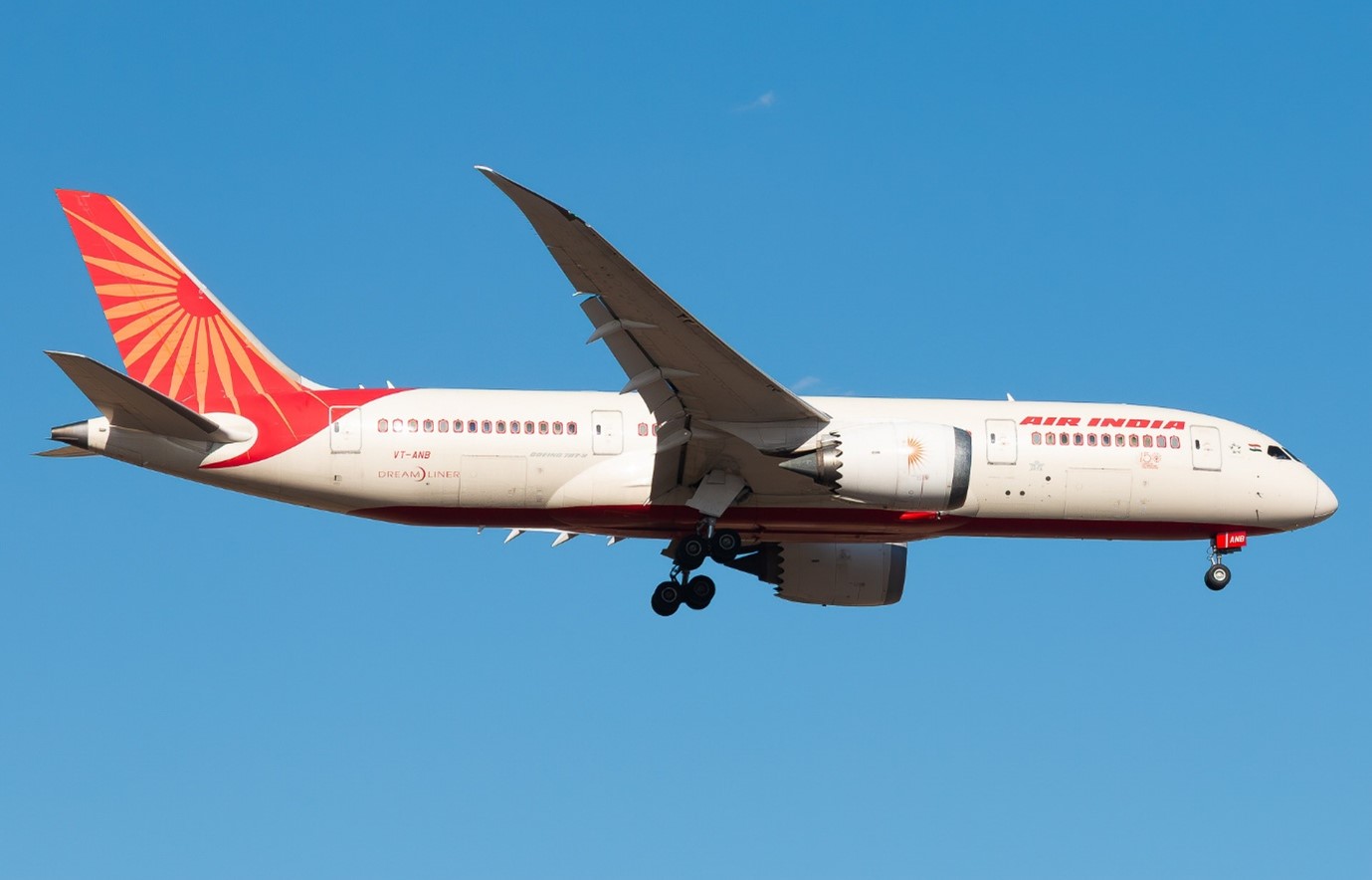

Air India 787 crash
An Air India aircraft carrying 242 people has crashed in western India near the airport in Ahmedabad, according to statements from both the airline and local police.
Jun 12, 2025
Airline Ratings
4 min read


AirAsia offers to acquire Jetstar Asia
Following the announcement of Jetstar Asia’s (3K) impending closure, AirAsia Group has today confirmed its offer to acquire the Singapore-based low-cost carrier.
Jun 12, 2025
Airline Ratings
2 min read
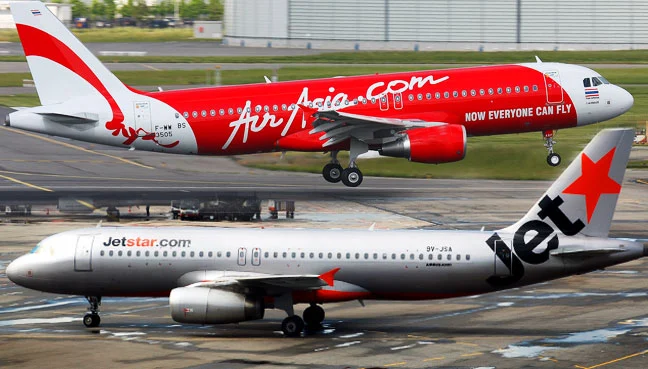

The World's Safest Airlines for 2025
AirlineRatings.com, the world’s only airline safety and product rating website, has announced its Top 25 Safest Full-Service Airlines and Top 25 Safest Low-Cost Airlines for 2025 from the 385 airlines it monitors.
Jun 11, 2025
Airline Ratings
5 min read
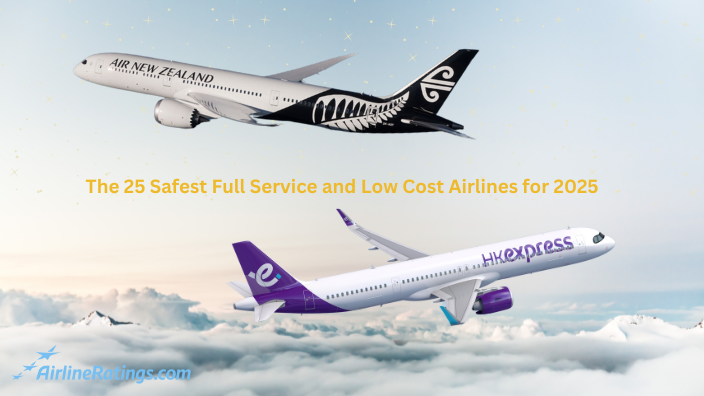

Thai Airways Safety Rating Change
AirlineRatings has upgraded Thai Airways International’s safety rating citing renewed confidence in the airline’s financial stability and operational improvements
Jun 11, 2025
Sharon Petersen
2 min read


Ex-Virgin Australia 737-800 Ends Up Tail-Down in Norway
Anyone else spotting a familiar tail? 👀 If you thought that looked like an old Virgin Australia aircraft—you're absolutely right.
Jun 11, 2025
Sharon Petersen
2 min read
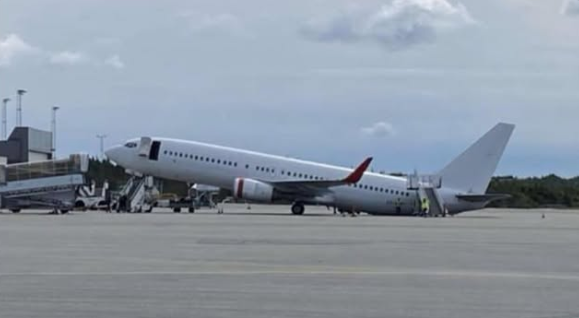

Qantas to close Jetstar Asia
It has been announced today that Jetstar Asia, the Qantas Group’s Singapore-based low-cost subsidiary will close in seven weeks
Jun 10, 2025
Airline Ratings
4 min read

